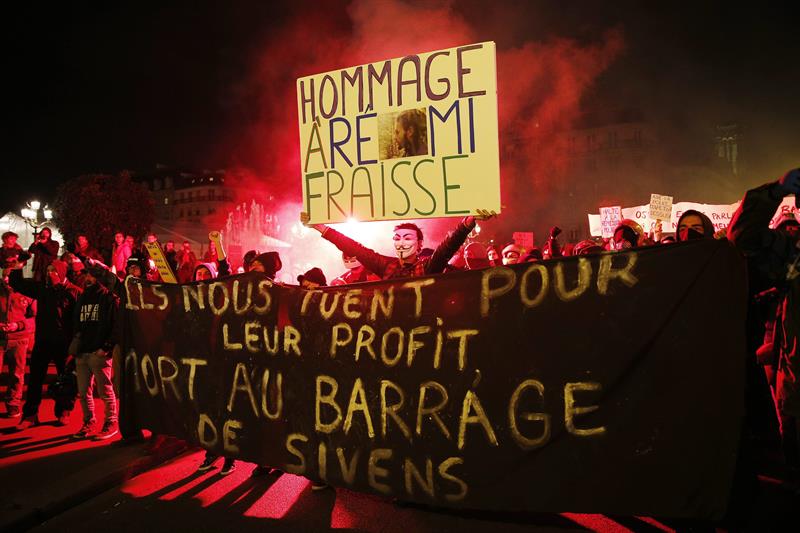Homosexuality
Socialism and the homosexual question
17/06/2010
When the writer Oscar Wilde was sentenced to two years of forced labor, having been accused of indecency because of his homosexuality, the voice of socialists was raised in defense of the poet.
In an article published in 1895, in the magazine Die Neue Zeit, of the German Social Democratic Party (SPD), Eduard Bernstein, one of its main leaders, wrote in defense of Wilde that homosexuality could not be persecuted as something unnatural, since there is almost nothing in the activity of human beings that is natural. "Our entire cultural existence, our mode of life from morning to night is a constant offense against nature, against the original preconditions of our existence. If it was only a question of what was natural, then the worst sexual excess would be no more objectionable than, say, writing a letter – for conducting social intercourse through the medium of the written word is far further removed from nature than any way as yet known of satisfying the sexual urge." And, besides, he indicated that opinions on what is natural or unnatural for human beings are historical, that is, they reflect the level of society’s development. He also charged that considering homosexuality as an illness was another form of moralism.
Two years later, in Berlin, the physician Magnus Hirschfeld founds the Scientific Humanitarian Committee, the main aim of which was the abolition of the German law against homosexuality. The social democratic deputies were the most fervent enemies of that reactionary law. It was August Bebel, an outstanding leader of the German Social Democratic Party, who proposed revoking it. In 1919, Magnus Hirschfeld founds the Institute for Sexual Research, in Berlin, and in 1921, four years after the Russian Revolution, he organizes the first scientific congress on sexuality in history. In this International Congress for Sexual Reform, that brought together scientists from different countries, Soviet Russia’s laws on homosexuality were presented as an example for the whole world. Against the established order, the German Communist Party defended equality for gays and lesbians, while homosexuals were being persecuted and discriminated against. Hirschfeld himself, on several occasions, was beaten up, suffered a skull fracture and was shot during a lecture.
The Russian Revolution eliminated all the tsarist laws that repressed homosexuality and that "conflicted with revolutionary consciousness and legality." In 1923, a prominent Moscow doctor approved of the new legal code, saying, "Soviet legislation is based on the following principle: It declares a total absence of interference by the state and by society in sexual matters, always when the interests of any other person are not affected."
Under the Stalinist reaction, however, together with the regression in the rights of women, there was "progress" in making homosexuality a pathology, until in 1933 it was again considered a crime, moving away from the socialist tradition, that had always maintained a very advanced position against the prevailing prejudices of the time. We feel that we are heirs of that tradition: Down with sexual oppression! Down with all the laws and regulations that discriminate against and repress gays, lesbians, transvestites, and transsexuals! Full rights for non-heterosexual people!


![Declaration of the Movimiento de los Trabajadores Socialistas [MTS] facing the brutal murder and disappearance of the normalistas students of Ayotzinapa](http://www.ft-ci.org/IMG/arton8590.jpg?1687978277)











